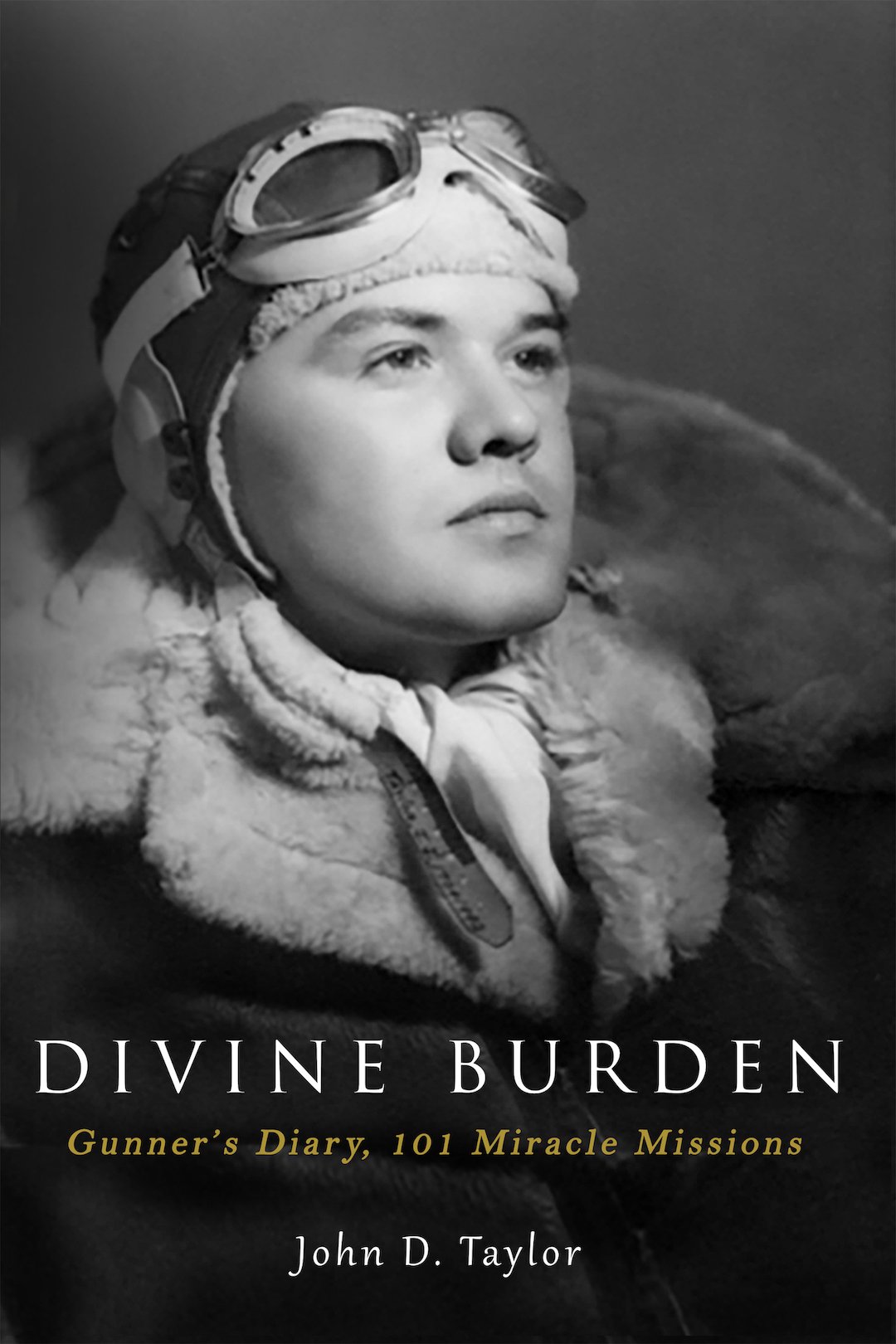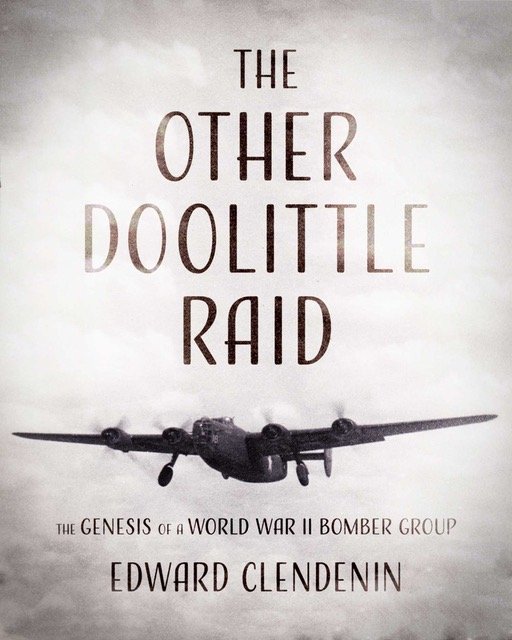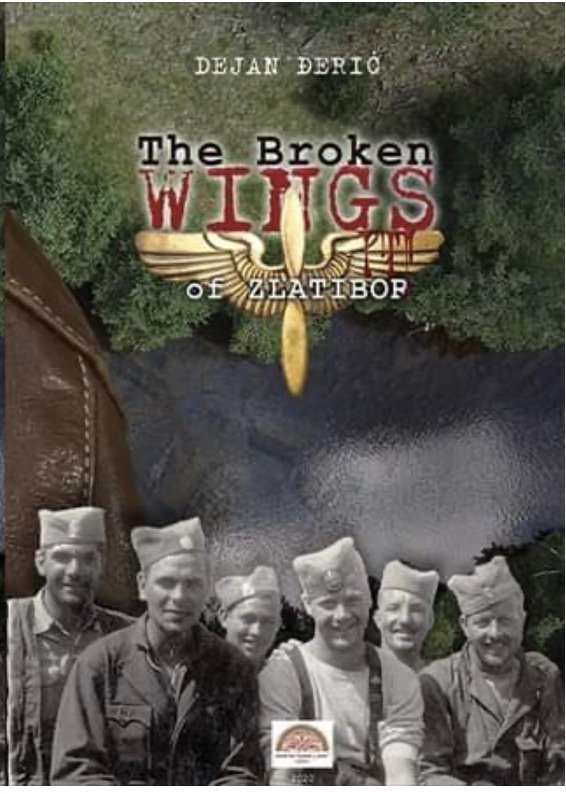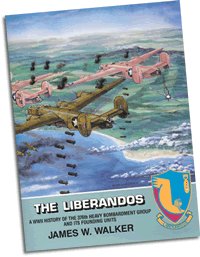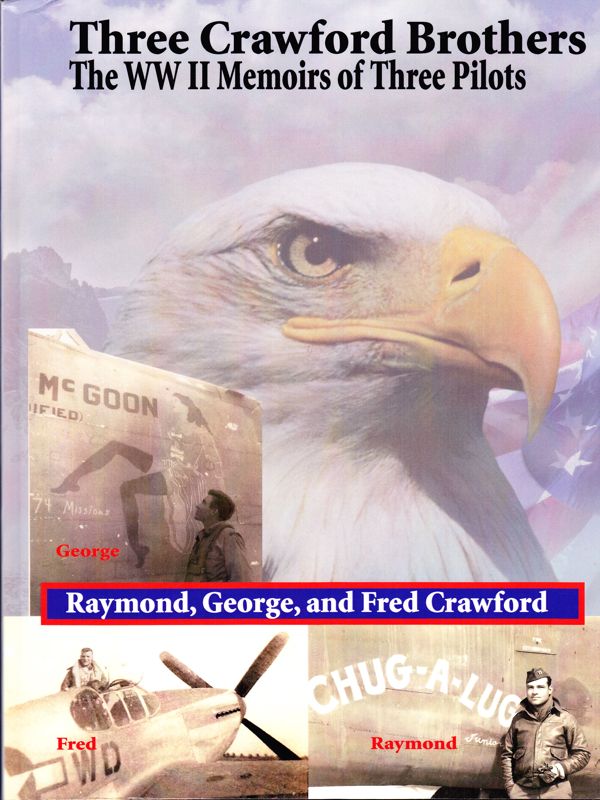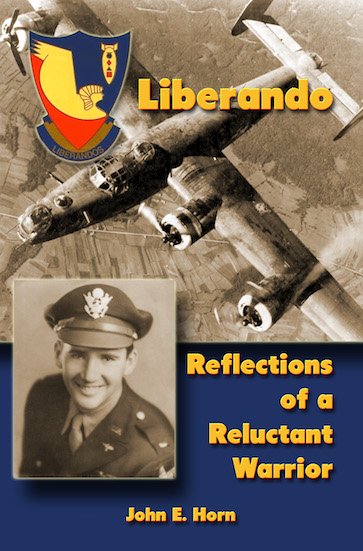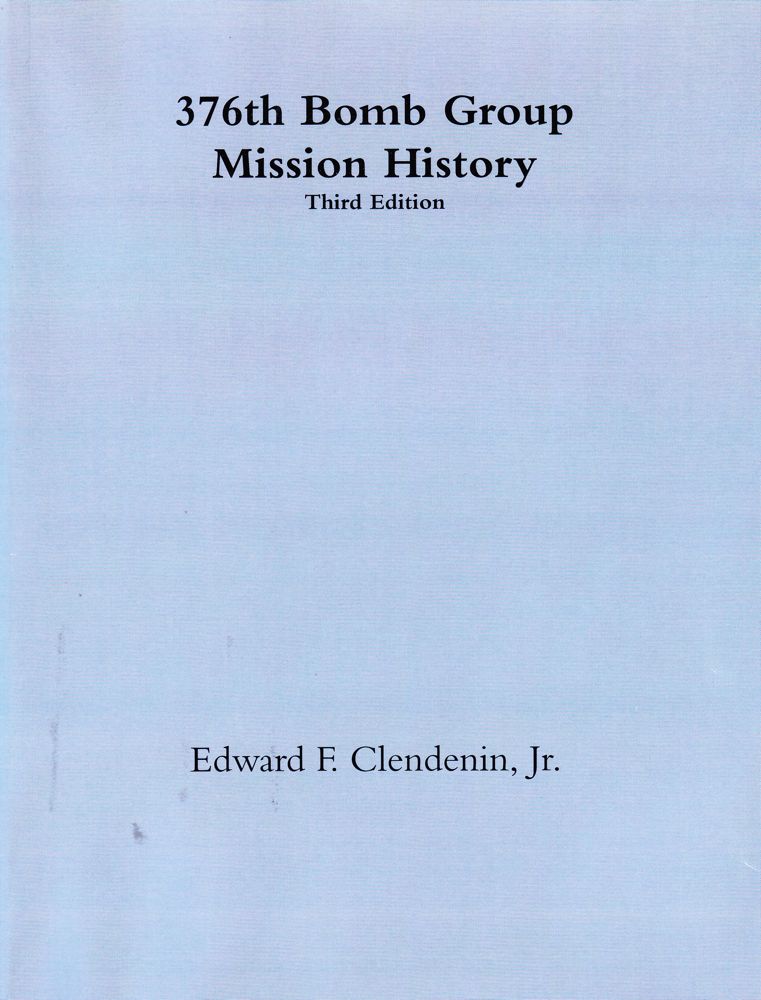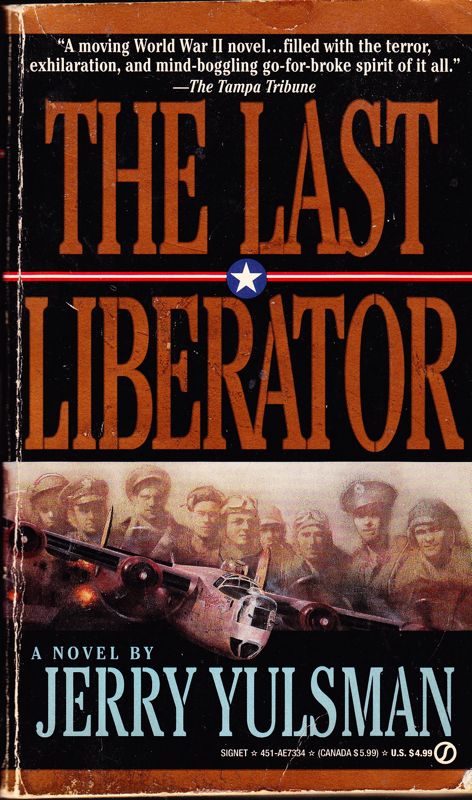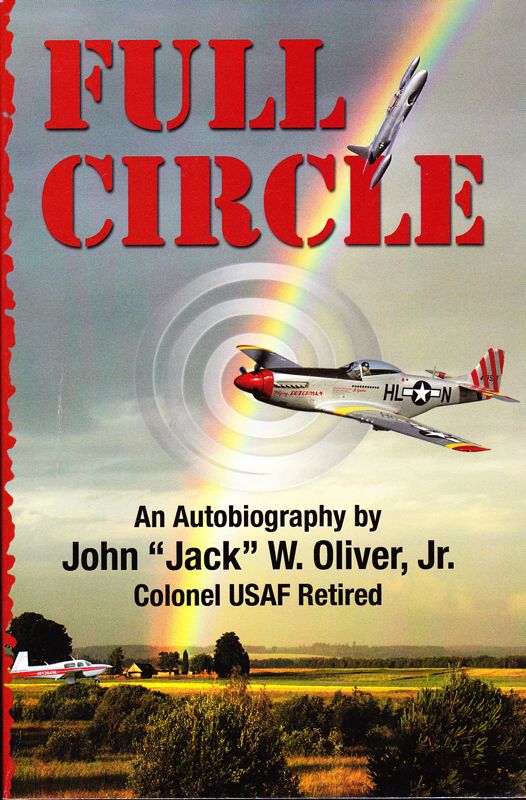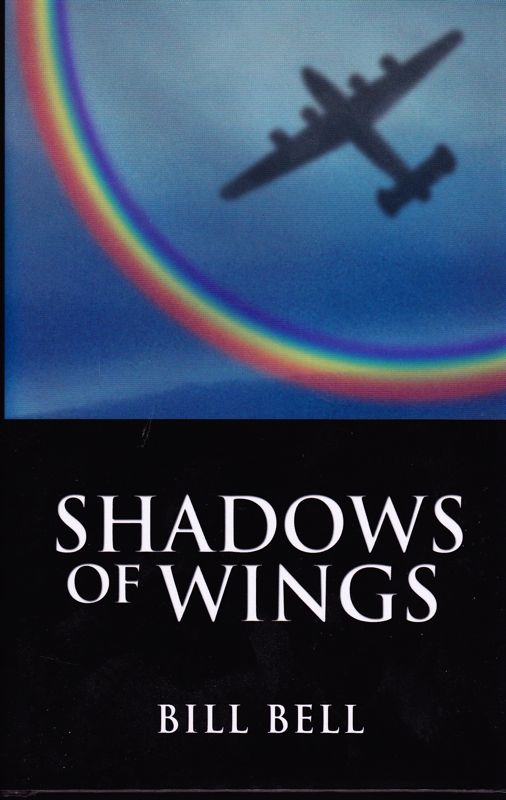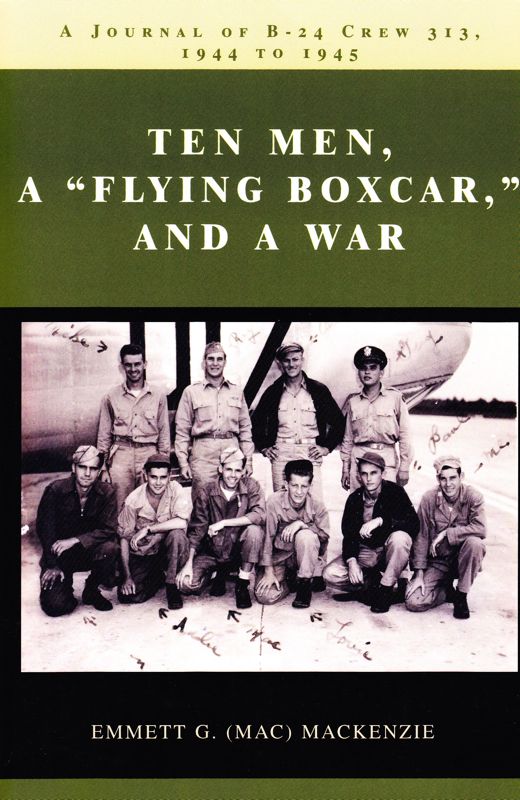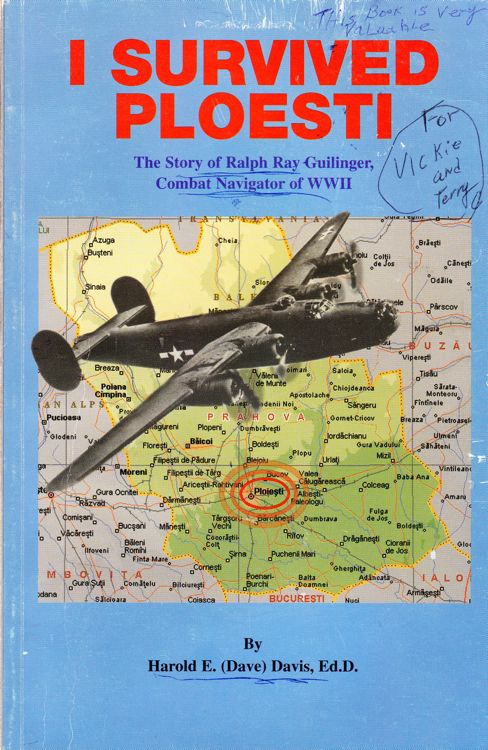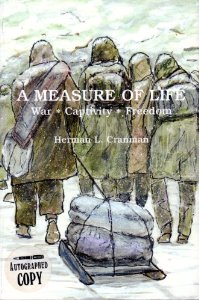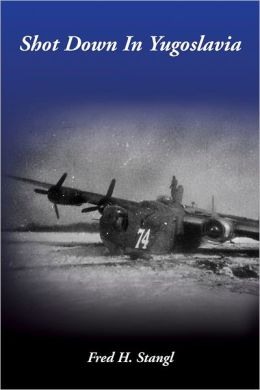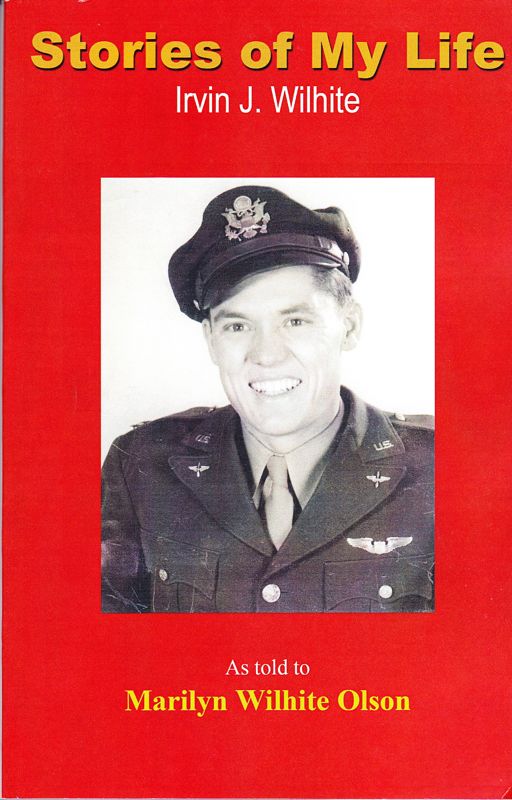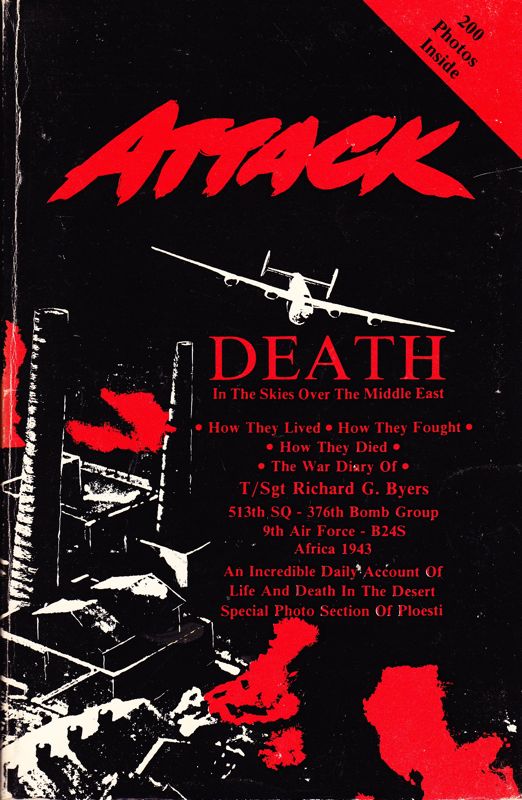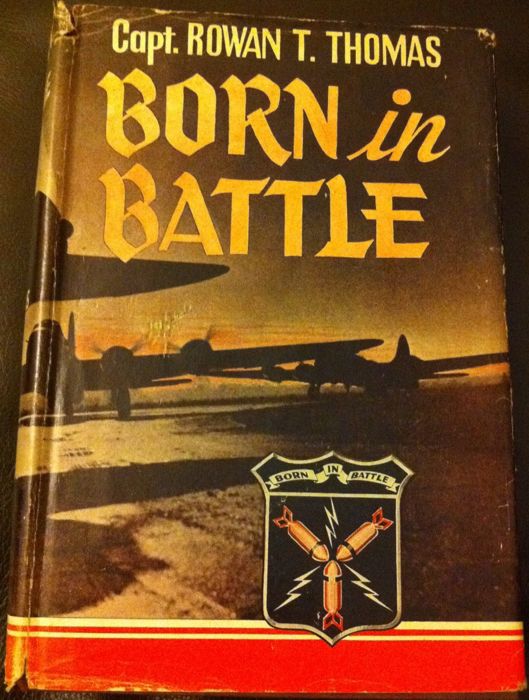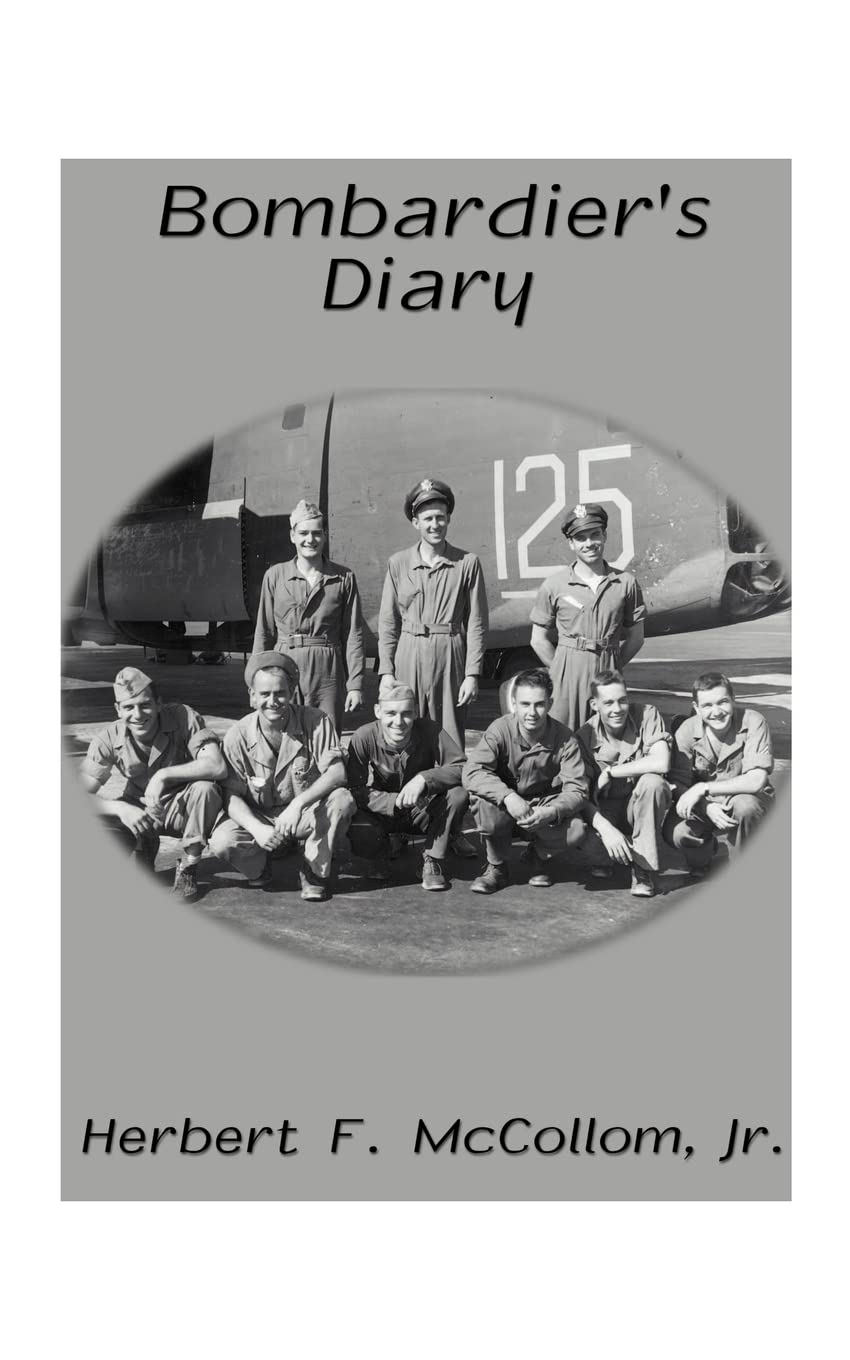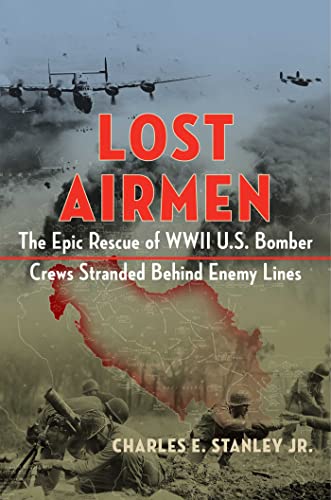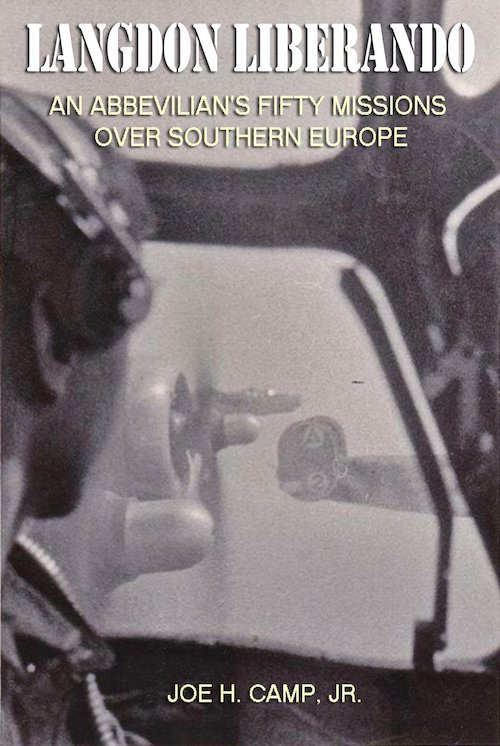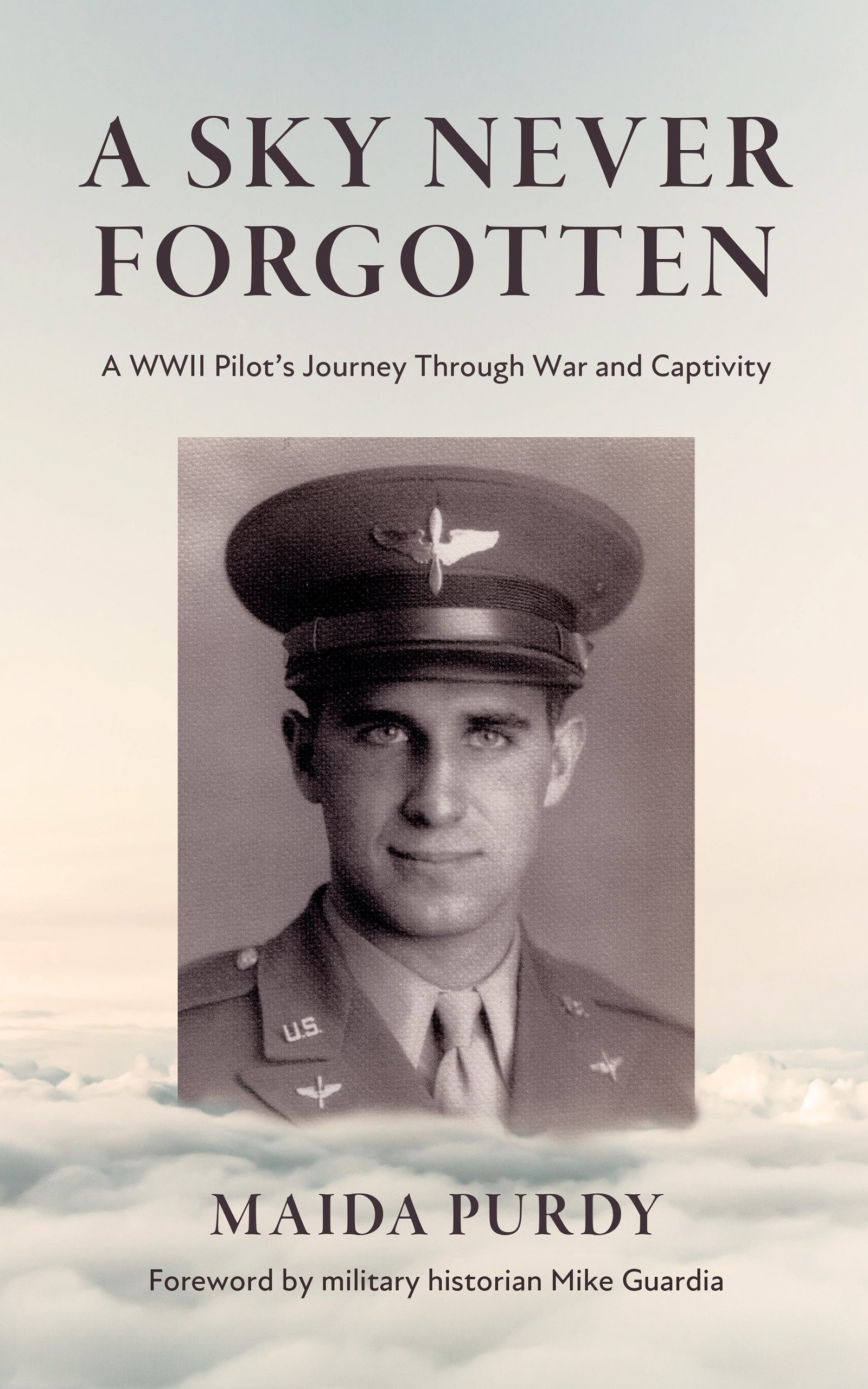TSgt Alfred W. Young, Jr.
by Stuart Young
(San Antonio, Texas)
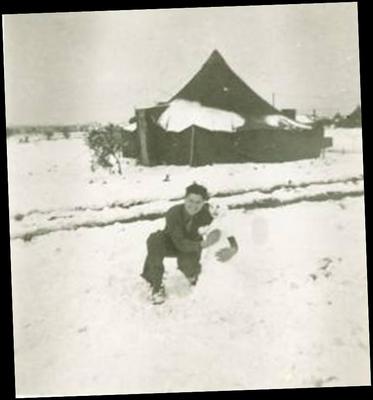
Flight Engineer Lee Wright from the Pelzman crew making a San Pan snowman.
My father, Alfred W. Young, Jr., was a radio operator/gunner with the 514th Bomb Squadron on the Edward F. McGlynn, Jr. and the Marvin Ehrenberg crews. He kept a day-by-day journal and sent letters home to his parents in Massachusetts while camping out at “Camp San Pan” from Dec 44 – Apr 45. Here are a few excerpts he wrote about camp life (edited for flow and clarity).
On December 29, 1944, when we first arrived in camp, our officers took us to the officers’ mess for the noon meal. After lunch my enlisted crewmates and I were shown to our tent. The officers were quartered in their own tent. The first tent we were shown was full of bottles and junk and we rejected it. The second tent we were shown, which had a fine gravel floor, we accepted and moved in all of our equipment. But the stove was faulty and our tent quickly filled with smoke, forcing us to retreat to the club.
The enlisted club was called the “Snake Ranch” and had a couple bottles of American whiskey and gin in addition to the regular Italian brandy, cognac, and rum. It also had a nice reading room stocked with a good supply of reading material including “Yank,” “Stars and Stripes,” many magazines, and our local paper, the “Liberando News Record.”
The next day we moved yet again, but this time we moved into a winterized tent with a double roof and dirt packed edges. We also fixed up a less smokey oil stove. The tent did have electricity and electric light bulbs, but it didn’t have plumbing. We had a latrine shack a short walk away from the tent. For other water needs, we had to haul in our water in five gallon cans for tent use. We used the water for cooking, shaving, and cleaning. Showers were either in the 515th or the Group Headquarters area, both about ¾ of a mile away. For those reasons we usually filled our helmets with water warmed over our stove and used that water for shaving first and then cleaning. When using my helmet, if my feet stunk, I’d clean my feet last.
We slept on Army issued cots in our Army issued bedrolls. The brown Army blankets we also had were very scratchy but proved their worth during those cold Italian winter nights. When the weather warmed I requested, and my parents sent me, a set of sheets.
Mice were everywhere. I caught my first mouse during an orientation lecture soon after arriving in camp. I caught a total of eight that day. They were unrelenting and were a constant nuisance.
The town of San Pancrazio was not much more than a crossroads, so for entertainment away from camp we usually went to Manduria or Lecce. Manduria, the home of the 47th Wing and the 450th Bomb Group, had a fine Red Cross Town Club with good food and fine shows. For example, January the 1st we had coffee, cookies, and cupcakes at the club while playing hearts and listening to the 376th Swing Band. Hitching a ride on an Army truck was pretty easy for trips to Manduria. To Lecce, we took the train, but the train was very dirty and I usually had to take my uniform to the cleaners after each trip. For the most part, though, particularly after flying a mission, I was too exhausted to go anywhere away from camp after turning in my flying equipment, the debriefings, and dinner. Shooting the bull with my tent mates, writing letters home, reading, resting, practicing code with my assistant radio operator, and going to the Snake Ranch were my main pastimes. I also attended an Italian class every Saturday evening from 2000 to 2200. It was tough to stay awake during class on those Saturdays we flew a mission.
We had a good sized theater in camp, but it was unheated. Consequently, we always dressed up going to the theater – literally. One night we waited in the cold for “Bride by Mistake” and “One Body Too Many” to start because the electricity had gone out. While waiting we played cards using flashlights and candles.
We had a squadron enlisted mess hall. It was a fine cement stucco building with very small windows which didn’t let in very much light. We did have one electric light bulb hanging down from the ceiling, but the light kept going out in the middle of our meals. The food we were served in the mess hall was better than what I was expecting and was quite tasty. We had a lot of can food and dehydrated vegetables and sometimes frozen meats. Every day we had hot cakes with hot cereal for breakfast and for a stretch had fried eggs until they were all gone. In addition, each week we got our coke and beer rations – four beers and two cokes. For smokes we got a weekly ration of six packs. For each mission the crew was issued about 12 boxes of K-rations, but we didn’t always eat them because of the high altitude cold and lack of any cooking facilities on the ship. I usually stocked up my K-rations in the tent and when I could I heated up the canned stuff. To make the rations taste better I ordered canned chicken, tuna, or shrimp from my parents back home.
We had guard duty about twice a month. Riding around in a jeep with my carbine by my side was a good diversion. One thing we didn’t have to do was KP. The camp had a company of Italian soldiers and they did the KP details very nicely under the supervision of GI cooks.
I made many a trip to our Squadron Operations Building which had a huge wall map of Europe which depicted where the up-to-date battle lines were.
The weather that winter was horrible. It was wet, cold, and muddy. It even snowed. As it turned out, of the 31 days in January 1945, we had 23 days of weather related cancelled bomber operations. Weather was the major reason why it took me over three weeks after my arrival in camp before I flew my first combat sortie.
Comments for TSgt Alfred W. Young, Jr.
|
||
|
||
|
||
The website 376bg.org is NOT our site nor is it our endowment fund.
At the 2017 reunion, the board approved the donation of our archives to the Briscoe Center for American History, located on the University of Texas - Austin campus.
Also, the board approved a $5,000 donation to add to Ed Clendenin's $20,000 donation in the memory of his father. Together, these funds begin an endowment for the preservation of the 376 archives.
Donate directly to the 376 Endowment
To read about other endowment donation options, click here.
Reunion
NOTE change in the schedule !!
DATES: Sep 25-28, 2025
CITY:Rapid City, SD
HOTEL: Best Western Ramkota Conference Hotel; 2111 North LaCrosse St., Rapid City, SD 57702; 605-343-8500
Click here to read about the reunion details.
